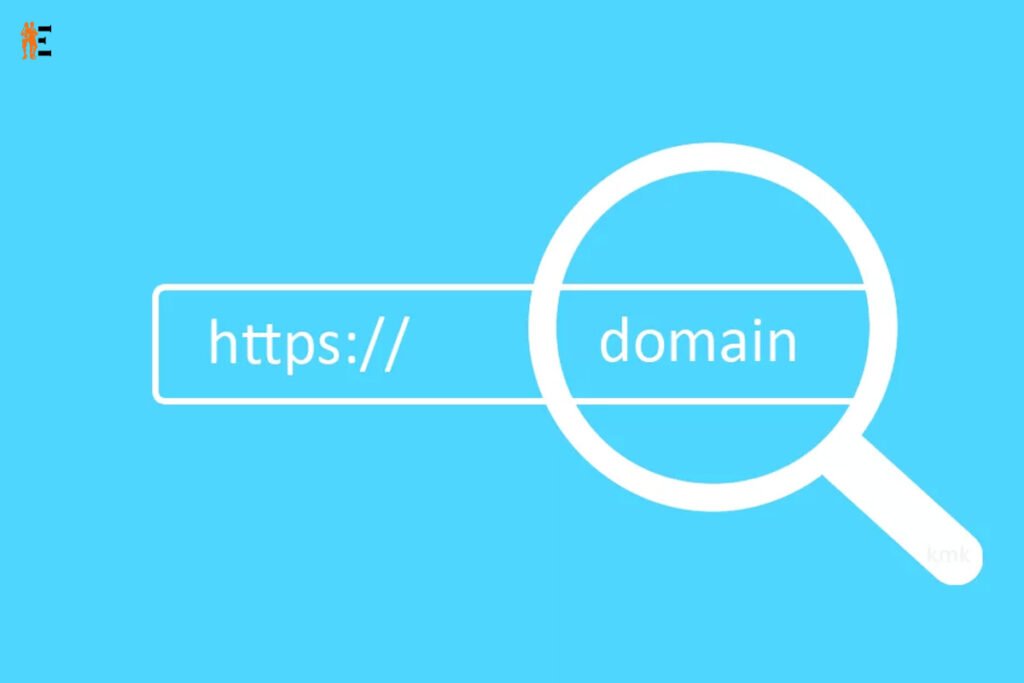Domain name investing has become increasingly popular in recent years as a way for individuals and businesses to generate passive income and potentially make substantial profits. But is domain name investing really more feasible than real estate investing? Let’s explore the world of Domain name vs real estate investing to see which may be more feasible for the average person.
Let’s explore the world of domain name vs real estate investing:
1. What is domain name investing?
Before exploring the world of domain name vs real estate investing you first need to know domain name investing is the practice of buying and selling domain names for a profit. A domain name is the address that people use to access a website, such as google.com or facebook.com. Just like real estate, domain names can be valuable assets that can appreciate in value over time. In some cases, domain names have sold for millions of dollars.
2. How do you invest in domain names?
Investing in domain names is relatively simple. You can buy a domain name through a domain registrar, such as GoDaddy or Namecheap, and then sell it for a profit. Some domain names may be more valuable than others, depending on factors like the length of the domain, the keywords used in the domain name, and the demand for the domain name.
Some investors also engage in “domain flipping,” which involves buying a domain name, building a website on it, and then selling the website and domain name as a package. This can be a way to generate additional revenue and potentially increase the value of the domain name.
3. Pros of domain name investing
- Low initial investment: Unlike real estate investing, which often requires a significant upfront investment, domain name investing can be done with a relatively small amount of money. You can buy a domain name for as little as a few dollars and potentially sell it for much more. This is definitely a plus point in domain name vs real estate investing.
- High potential returns: Some domain names have sold for millions of dollars, which means there is significant potential for high returns on investment. Of course, the likelihood of selling a domain name for millions of dollars is relatively low, but even selling a domain name for a few thousand dollars can be a substantial return on investment.
- Easy to buy and sell: Domain names are easy to buy and sell through domain registrars and marketplaces like Sedo and Flippa. This means that investors can quickly and easily build a portfolio of domain names and sell them when the time is right.
4. Cons of domain name investing
- High competition: Because domain name vs real estate investing is relatively easy to get into, there is significant competition in the market. This means that finding high-value domain names can be challenging, and selling domain names can be a competitive process.

- High risk: Just like any investment, there is a risk involved in domain name vs real estate investing. The value of a domain name can fluctuate based on market conditions, and there is no guarantee that a domain name will increase in value over time.
- Limited cash flow: Unlike real estate investing, which can generate consistent cash flow through rental income, domain name investing typically does not generate ongoing cash flow. Instead, investors must rely on the sale of domain names to generate profits.
5. What is real estate investing?
Real estate investing involves buying and managing properties for the purpose of generating income or appreciation. Real estate investments can include things like rental properties, commercial properties, and raw land.
6. How do you invest in real estate?
Domain name vs real estate investing can be done in several ways, including:
- Rental properties: Investors can purchase properties and then rent them out to tenants, generating ongoing rental income.
- House flipping: Investors can purchase distressed properties, renovate them, and then sell them for a profit.
- Real estate investment trusts (REITs): REITs are companies that own and operate income-producing real estate, such as apartment buildings or shopping centers. Investors can buy shares in the REIT and receive a portion of the income generated by the properties.
Pros
- Appreciation: Real estate has historically appreciated in value over time, providing investors with potential long-term gains. This appreciation can be due to factors such as inflation, population growth, and changes in the local economy.
- Cash flow: If you invest in rental properties, you can earn a steady stream of income in the form of rental payments. This can help you generate cash flow that can be reinvested or used to pay off debt.
- Tax benefits: Real estate investments offer several tax benefits, including deductions for property taxes, mortgage interest, and depreciation. Additionally, profits from the sale of investment properties can be taxed at a lower rate than other types of income.
- Control: Real estate investing offers investors a level of control that is not available with other types of investments. You can choose the location, type of property, and manage it yourself or hire a property management company to do it for you.
Cons
- Risk: Real estate investing carries inherent risks, including the possibility of losing money due to changes in the real estate market or unexpected expenses such as repairs and maintenance.
- Illiquidity: Real estate is not a liquid investment, meaning that it cannot be easily bought or sold like stocks or bonds. This lack of liquidity can make it difficult to access your investment funds when you need them.
- Management: If you choose to manage your own rental properties, you will be responsible for finding and screening tenants, handling repairs and maintenance, and collecting rent. This can be time-consuming and requires a significant amount of knowledge and skill.
- Market volatility: The real estate market can be volatile, and changes in interest rates, local economies, and other factors can impact property values and rental income.
8. Domain name vs real estate investing strategies

To make a successful domain name vs real estate investing, it’s important to have a strategy. Here are some common strategies that domain name investors use:
1. keyword domain names
This strategy involves buying domain names that contain highly searched keywords. For example, if you buy the domain name “BestCarInsurance.com”, you may be able to sell it for a high price to an insurance company or an affiliate marketer promoting car insurance.
The key to this strategy is finding keyword domain names that have high search volumes and are in demand. You can use keyword research tools to identify high volume keywords and then check if the corresponding domain names are available.
2. brandable domain names geo-targeted
Brandable domain names are names that are unique and memorable. These names don’t necessarily contain keywords but are distinctive enough to be easily remembered by potential customers. Examples of brandable domain names include Airbnb, Uber, and Etsy.
The advantage of this strategy is that brandable domain names can have high value even if they don’t contain keywords. The downside is that it can be difficult to identify which domain names will become popular brands.
3. geo-targeted domain names
Geo-targeted domain names are names that include the name of a specific city, state, or country. For example, if you buy the domain name “NewYorkRestaurants.com”, you may be able to sell it for a high price to a restaurant owner in New York City.
The advantage of this strategy is that geo-targeted domain names can have high value in their local markets. The downside is that their value may be limited to a specific geographic area.
4. expired domain names
Expired domain names are domain names that were previously registered but are no longer in use. When a domain name expires, it becomes available for registration again. Some expired domain names may have existing traffic and backlinks, which can make them valuable.
The advantage of this strategy is that expired domain names can have existing traffic and backlinks, which can make them valuable. The downside is that it can be difficult to identify which expired domain names are worth purchasing.
5. risks and challenges of domain name investing
Domain name investing, like any investment, comes with risks and challenges. Here are some of the risks and challenges to be aware of:
- Market Saturation
The domain name market has become increasingly crowded in recent years, making it more difficult to find valuable domain names. With so many investors searching for domain names, the chances of finding an undervalued domain name have decreased.
- Legal Issues

Domain name investing can be subject to legal issues, such as trademark infringement. It’s important to ensure that the domain name you are interested in does not infringe on someone else’s trademark.
- Renewal Fees
Domain names need to be renewed every year, and renewal fees can add up over time. If you are not able to sell a domain name for a profit, you may end up paying renewal fees for years with no return on your investment.
- Lack of Liquidity
Domain names are not a liquid asset, meaning that they cannot be easily converted into cash. If you need to sell a domain name quickly, you may have to accept a lower price than what it is worth.
BOTTOM LINE
Domain name investing can be a lucrative investment strategy if done correctly. It’s important to have a clear strategy and to be aware of the risks and challenges involved. With careful research and patience, you may be able to find valuable domain names that can generate a significant return on your investment. However, like any investment, there are no guarantees, and it’s important to approach domain name vs real estate investing with caution and a long-term perspective.











